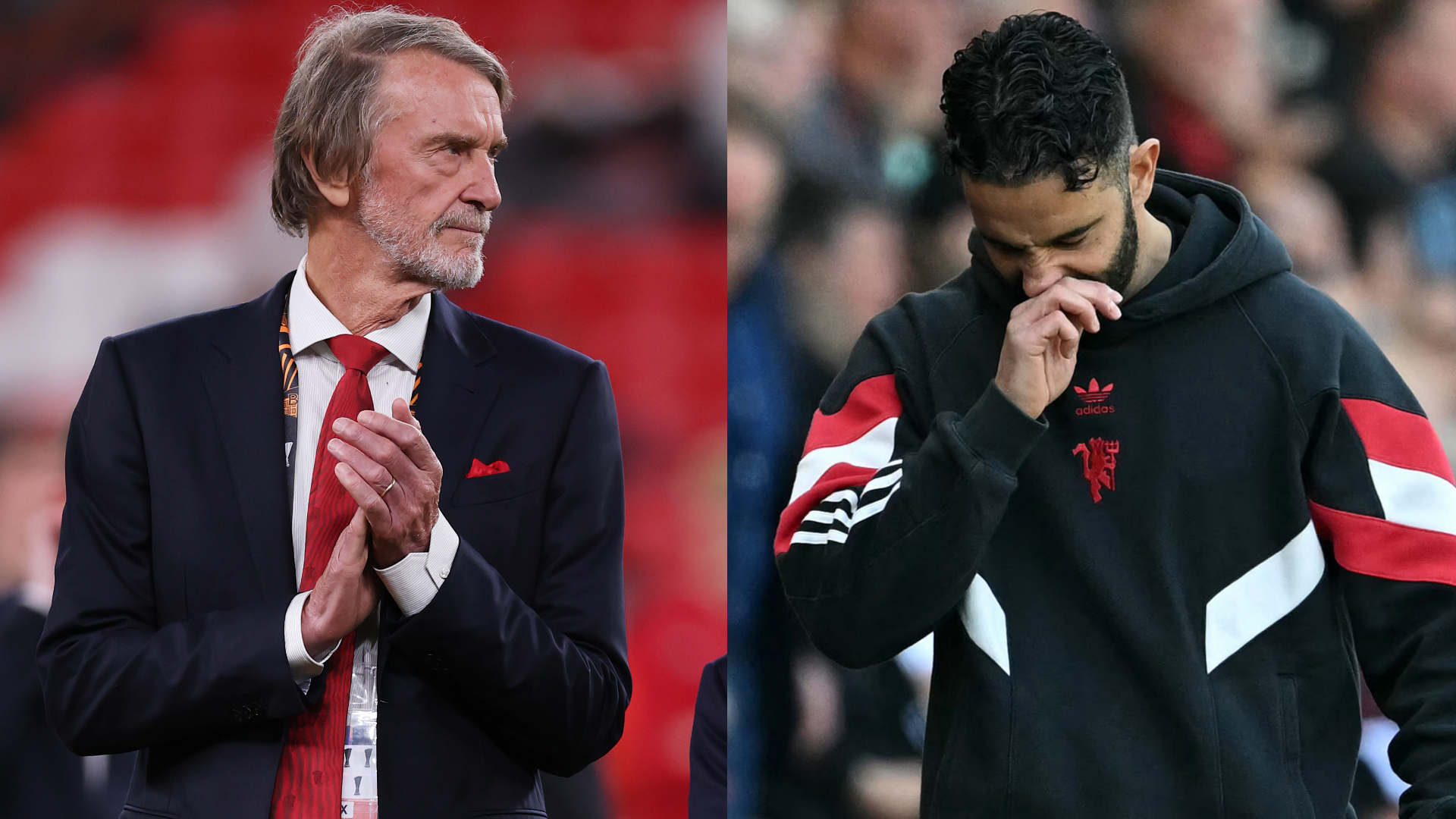Manchester United Cost-Cutting Axes Pre-Season Gift Ritual
Manchester United cost-cutting has reached a new, highly symbolic frontier ahead of the 2024-25 campaign. According to sources close to Old Trafford, the club’s ownership group, spearheaded by Sir Jim Ratcliffe and INEOS, has instructed staff to abandon the long-standing tradition of exchanging commemorative gifts with opposition teams during pre-season friendlies. What once involved finely crafted pennants, city-specific souvenirs or signed mementos will now be replaced with … nothing at all, as every penny is diverted toward long-term squad building and stadium upgrades.
Why Manchester United cost-cutting Matters This Summer
Despite revenue streams that remain among the healthiest in world football, the Red Devils are under intense pressure to operate more efficiently. Ratcliffe’s minority takeover has ushered in forensic audits of everything from scouting budgets to laundry bills. Club insiders insist the removal of pre-match gift exchanges could save a five-figure sum across an entire tour—small change compared to a transfer fee, but the latest marker of a culture shift designed to shape a lean, modern Manchester United.
The Tradition That Is Being Scrapped
Pennant swaps date back to the early twentieth century and are widely viewed as gestures of respect between clubs. Leaders from Barcelona to Boca Juniors still keep display cabinets packed with rival crests. United have been part of that tapestry for decades, yet INEOS executives deem the custom “non-essential expenditure.” Opponents on this summer’s US tour—among them Arsenal, Real Betis and newly promoted Leeds United—will reportedly be informed in advance so they can decide whether to bring gifts of their own.
Ratcliffe’s Wider Strategy of Thrift
The abolition of token gifts follows a string of belt-tightening moves at Carrington and Old Trafford:
- Business-class flights downgraded to premium economy for non-playing staff.
- A review of agent fee structures across the academy pipeline.
- Energy-saving measures in hospitality areas and corporate boxes.
- Centralised purchasing of sports-science supplies to eliminate duplication.
Ratcliffe has publicly argued that marginal gains in operational prudence will allow greater focus on recruitment, analytics and infrastructure—areas he believes fell behind Premier League rivals under the Glazer regime.
The Players’ Perspective on Manchester United cost-cutting
While senior professionals are unlikely to miss a pre-game handshake souvenir, some privately fear the optics of penny-pinching. “If we skimp on small things, fans might assume we’ll skimp on big things,” a dressing-room source told the Manchester Evening News. Yet the same source acknowledged dressing-room chatter about more nutritious catering and upgraded medical equipment, hinting that money saved in ceremonial areas is being redirected towards performance.
Financial Context: Balancing the Books and FFP
United’s wage-to-turnover ratio topped 60 percent in the last published accounts, while their net spend remains among Europe’s highest. With UEFA’s new squad-cost ratio rules looming, every club must prove prudent stewardship to avoid sanctions. Eliminating gift purchases—historically organised by the logistics department—may be symbolic, but symbolism matters when you are projecting a new era of fiscal discipline.
Other Clubs Taking Similar Steps
Manchester City stopped mass-printing glossy match programmes in 2022, Chelsea replaced plastic bottled water with on-site filtration units, and Bayern Munich asked fans to return reusable beer cups to curb waste. United’s decision fits into a broader industry shift toward sustainability and profit-protection amid escalating transfer inflation.
Could Manchester United cost-cutting Backfire?
Critics argue that United’s global brand thrives on heritage and pageantry. Ditching small gestures risks chipping away at goodwill from partner clubs and visiting supporters. Yet brand strategists contend that modern audiences care more about transparent, responsible management than ornamental customs. If cutting ribbons helps finance Mason Mount’s next-generation performance lab, few shareholders will complain.
Fan Reaction: Tradition vs Modernisation
Supporters’ trusts are split. Some purists lament the slow erosion of football’s gentlemanly past, while younger fans on social media applaud resourcefulness. A popular meme reads, “Trade pennants? Or trade for a new right-back?”—a tongue-in-cheek nod to priorities in the transfer market.
INEOS Vision: Marginal Gains Everywhere
In cycling with Team Sky, Ratcliffe’s group pioneered the “marginal gains” philosophy, shaving seconds off time trials through countless micro-adjustments. Translating that ethos to football means scouring every budget line for improvements—however modest—that could eventually manifest in Premier League points.
Looking Ahead: The Immediate Impact of Manchester United cost-cutting
The first visible effect of this policy will surface on 20 July in Las Vegas, when United face Real Betis. Expect club captains to meet at the centre circle without the usual crest-bearing pennants. Cameras will linger, social media will explode with hot takes, and the debate over tradition versus efficiency will rage on. Inside the boardroom, however, the message is clear: only expenditures that improve the starting XI or the stadium bowl will survive Ratcliffe’s red pen.
Potential Savings vs Performance Gains
Even optimistic forecasts suggest scrapping memorabilia saves under £50,000 per tour. Yet if that money funds a cutting-edge GPS tracking system, the return on investment could be exponential. Ratcliffe is betting that incremental frugality today will finance competitive excellence tomorrow.
Opinion: A Necessary Evolution or Penny-Pinching Gone Mad?
Old Trafford’s corridors have always echoed with history, but history alone will not stop Erling Haaland or Jude Bellingham. In an era where Financial Fair Play bites and commercial revenues plateau, pragmatism rules. United’s latest gesture—or lack thereof—signals a club refusing to let sentimentality hinder progress. Whether it is savvy leadership or joy-sapping austerity depends on your appetite for nostalgia. Personally, I see it as a welcome sign that every facet of the organisation must now justify its cost in terms of trophies, not traditions.
Your global gateway to nonstop football coverage:
Goal Sports News
Share this content:
